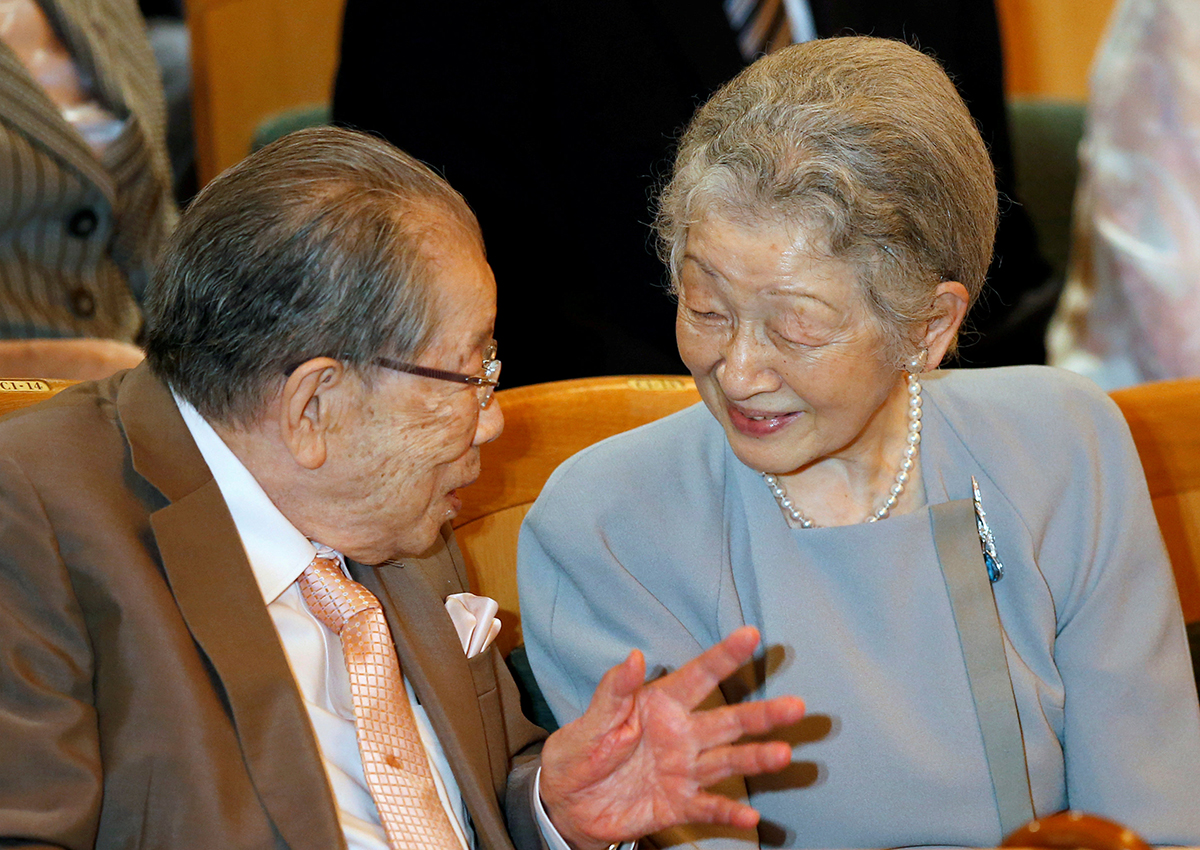TOKYO – A centenarian Japanese doctor who saw patients until just months before his death and helped set up the medical systems that have made Japan one of the world’s longest-lived nations died on Tuesday at the age of 105.

Born in 1911, a year before the Titanic sank, Shigeaki Hinohara was for decades the director and public face of St. Luke’s International Hospital in Tokyo, so well known as an “international” hospital that it treated luminaries such as Paul McCartney when he fell ill during a 2014 Japanese tour.
READ MORE: 101-year-old D-Day veteran becomes world’s oldest skydiver
He was working at St Luke’s as early as 1945, when he treated victims of the World War Two Tokyo firebombing that left vast swathes of the city in ruins.
“From the start of this year his health wasn’t so good, but until then he’d drop into the hospital every so often to conduct exams and talk with patients,” a hospital spokeswoman said.
An early advocate of healthier living to stave off the ills of ageing, Hinohara in 1954 introduced Japan’s so-called “human dry-dock” system of comprehensive annual physical exams, part of the preventive medical system said to contribute to Japan’s longevity.
The author of 75 books, including a bestseller on living well penned at 101, Hinohara was also a frequent guest on Japanese television, where he unveiled a lifestyle that included orange juice with olive oil for breakfast and said that energy comes from feeling good, not fixed rules about living.
READ MORE: Man who claimed to be world’s oldest person dies at ‘age 146’
“We all remember how as children, when we were having fun, we often forgot to eat or sleep,” he was quoted as saying.
“I believe we can keep that attitude as adults – it’s best not to tire the body with too many rules such as lunchtime and bedtime.”
- Solar eclipse eye damage: More than 160 cases reported in Ontario, Quebec
- 3 women diagnosed with HIV after ‘vampire facials’ at unlicensed U.S. spa
- ‘Super lice’ are becoming more resistant to chemical shampoos. What to use instead
- Canadian man dies during Texas Ironman event. His widow wants answers as to why



Comments